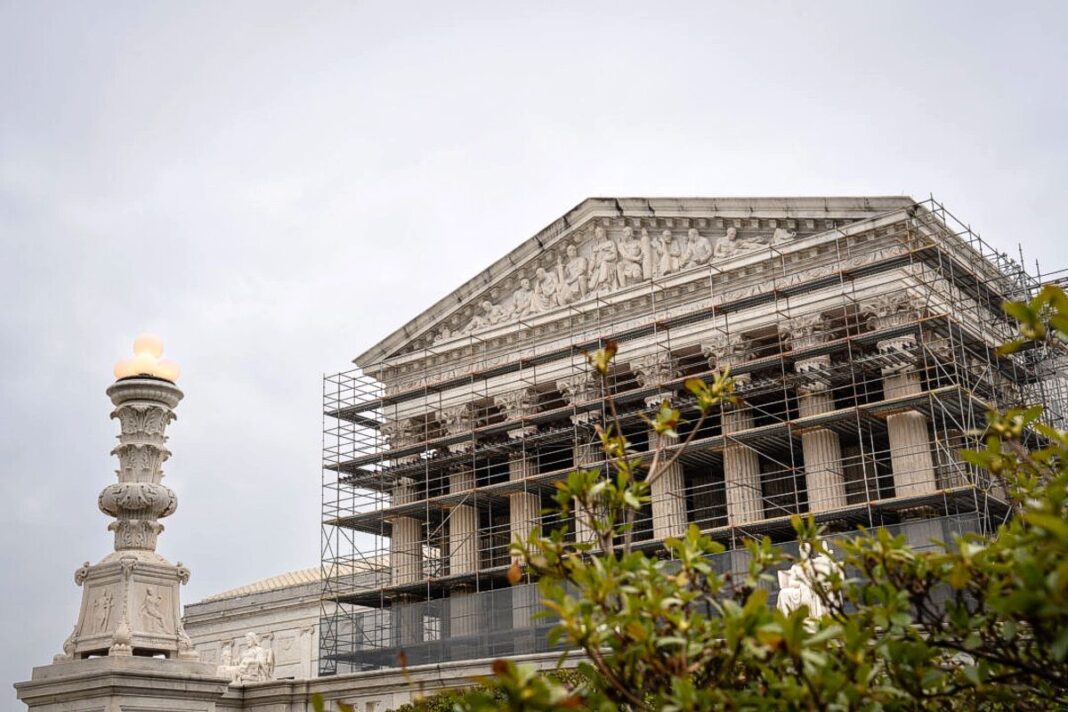American lumber producers are pushing for tougher trade policies with Canada, which it accuses of timber dumping.
As the Trump administration looks to reset the global trade system, one of the longest-running international trade disputes in North America is returning to the forefront.
The United States is reconsidering how it deals with the massive imports of Canadian softwood lumber. The two continental neighbors have feuded over the forest product since the 1980s.
The root of the dispute can be traced in part to how land and the forests are owned. Canada’s vast forests are 90 percent publicly owned. Canada’s provincial governments, rather than the private market, decide which logging companies can access the resource and the price they pay for the privilege of felling trees.
In the United States, timberland is 90 percent privately owned. Landowners decide when to harvest and set their own fees.
Because of this disparity, the U.S. Lumber Coalition, an industry group, argues that Canada’s wood products, which receive government subsidies, are sold at an artificially low price.
The U.S. lumber industry is governed by the demand for, and the price of, the product, while Canadian timber companies can harvest as much as they want, whenever they want.
Canadian producers then dump this cheap product, the U.S. lumber industry contends, in a way that undercuts the American industry.
Since his inauguration in January, President Donald Trump has kept public pressure on the country regarding trade.
He has complained about Canada’s protectionist economic policies, has imposed new tariffs on imports of certain Canadian goods, and threatened to add more.
Historically, under the terms of the Canada-United States Free Trade Agreement of 1988, the North American Free Trade Agreement (NAFTA) of 1992, and the United States-Mexico-Canada Agreement of 2019, there are few trade barriers and tariffs between the United States and Canada.
Starting in March, the United States imposed a 25 percent tariff on Canadian goods that are not protected by the provisions of the United States-Mexico-Canada Agreement. In July, Trump announced that the rate would be raised to 35 percent, starting on August 1.







